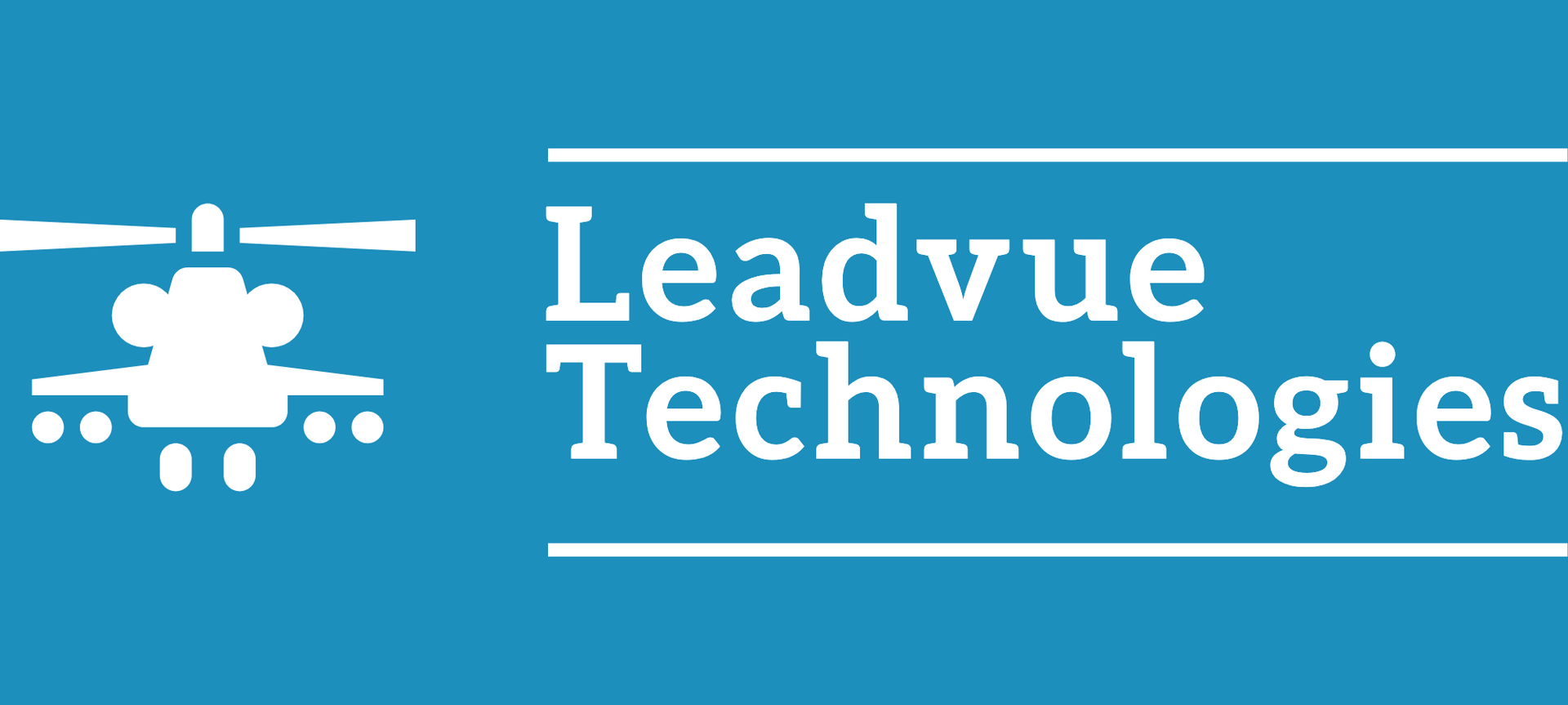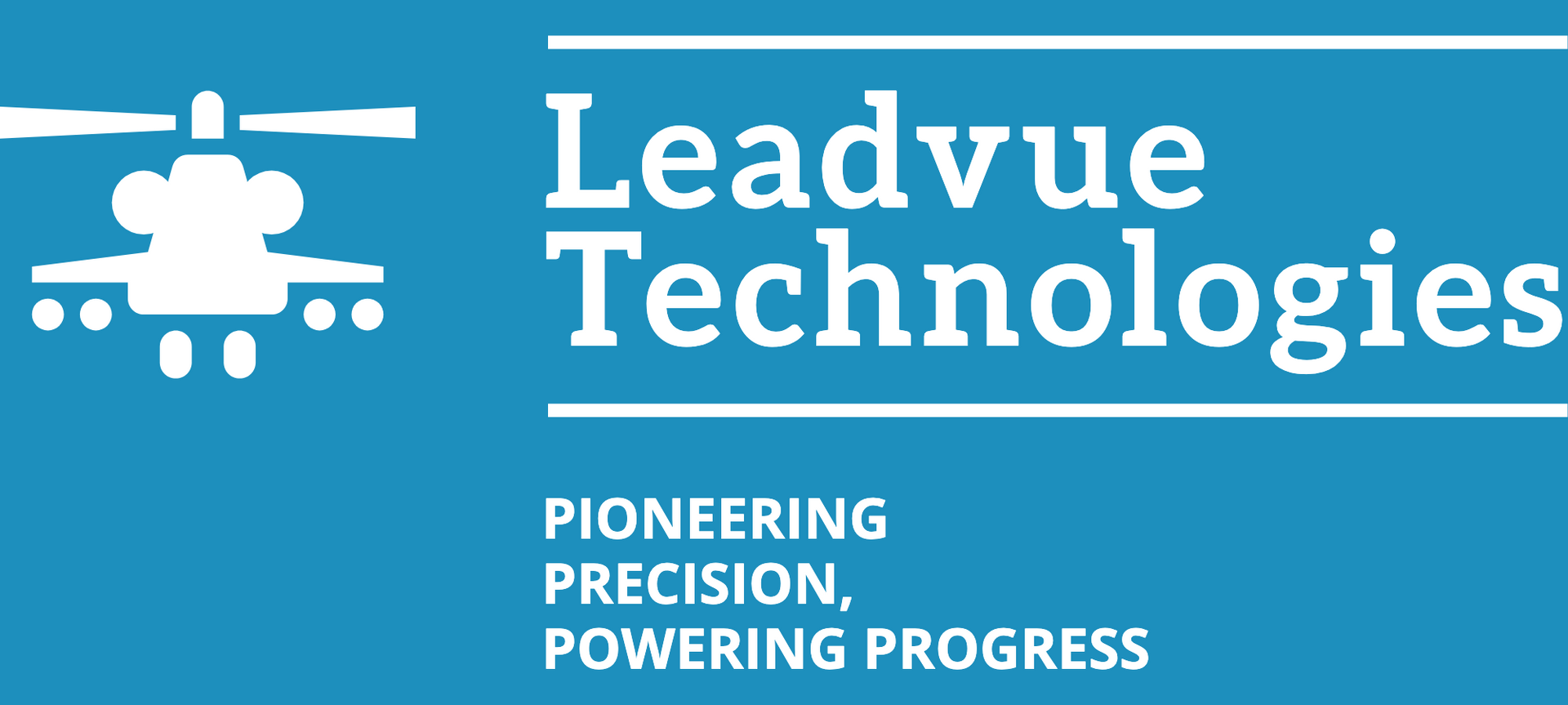Defense Contracting on ROI and Growth
The Impact of Defense Contracting on ROI and Growth – Quantifiable Benefits for the Future

Defense contracting is a vital component of national security, technological advancement, and economic growth. Companies that engage in defense contracting not only play a critical role in strengthening the security of nations but also have the potential to reap significant financial benefits. Through scientific consulting, innovation, and cutting-edge technologies, businesses in the defense sector can drive both security advancements and profitability. At Leadvue Technologies, our approach to defense contracting focuses on maximizing returns, reducing project timelines, and ensuring sustainable growth for businesses while meeting critical defense needs.
This blog explores the quantifiable benefits of defense contracting, including return on investment (ROI), breakeven points, and the role of advanced technologies in maximizing profitability.
1. Return on Investment (ROI) in Defense Contracting
One of the most important metrics to consider when entering or expanding in the defense contracting space is ROI. Defense projects tend to be large-scale and long-term, often requiring substantial upfront investments. However, the returns can be equally significant, especially when projects are managed efficiently, and the right technologies are applied. According to industry reports, companies involved in defense contracting typically see ROI figures ranging from 200% to 500% over a span of 5 to 10 years, depending on the size and complexity of the project.
By integrating scientific consulting and technology innovation, defense contractors can significantly enhance their ROI. For instance, employing AI-powered systems and autonomous technologies in defense projects not only reduces labor costs but also increases operational efficiency and effectiveness. A Gartner report found that companies integrating AI and automation into their defense operations achieved a 30% reduction in operational costs and a 20% increase in project efficiency. This improved efficiency allows defense contractors to deliver more value to their government clients while improving their bottom line.
2. Reducing Time-to-Market and Shortening Breakeven Points
One of the key benefits of leveraging scientific consulting in defense contracting is the ability to reduce time-to-market for new systems and technologies. Traditionally, defense projects are known for their extended timelines, often spanning years or even decades from the R&D phase to final deployment. However, by using advanced methodologies such as rapid prototyping, digital twin simulations, and AI-driven decision-making, companies can reduce development cycles by up to 40%. This translates directly into quicker deployments and, more importantly, shorter breakeven points.
For example, the typical breakeven point for a large-scale defense project—such as a new missile system or cyber defense platform—may be 6-8 years. However, with the application of quantum computing for simulations and automated testing frameworks, this breakeven point can be shortened to as little as 4 years. Shortening the breakeven period means companies can start generating profit sooner, reducing financial strain and increasing their ability to invest in future projects.
3. Long-Term Contract Value and Sustainability
One of the unique benefits of defense contracting is the potential for long-term contracts and sustainable revenue streams. Governments and defense organizations typically work with contractors over extended periods, often issuing multi-year contracts worth billions of dollars. According to a Deloitte report, the global defense market is projected to reach $2.7 trillion by 2030, with the majority of spending concentrated on cybersecurity, autonomous systems, and AI-driven defense platforms.
In addition to the initial contract value, many defense projects include long-term maintenance, upgrade, and support contracts. For example, the development of an advanced defense platform—such as an autonomous drone fleet—may result in follow-on contracts for system updates, cybersecurity enhancements, and maintenance services. These post-deployment services are often where contractors achieve the highest margins, as the costs of providing support services are relatively low compared to the initial R&D and development phases. It’s not uncommon for companies to see profit margins of 25-30% on these long-term service agreements.
4. Enhancing Profitability Through Innovation
Defense contracting is highly competitive, and companies that prioritize innovation are often those that thrive. By leveraging scientific consulting, defense contractors can introduce new technologies that not only meet the immediate needs of defense clients but also position them as leaders in the industry. Innovations such as AI-driven cybersecurity systems, autonomous vehicles, and machine learning-based threat detection offer significant cost-saving potential and improve operational effectiveness.
Take the development of cyber defense platforms as an example. In 2020, the U.S. Department of Defense reported spending over $10 billion on cybersecurity alone, with this figure expected to grow exponentially as cyber threats increase in sophistication. Defense contractors that can offer AI-enhanced threat detection systems and autonomous response platforms stand to capture a significant share of this growing market. Moreover, by providing scalable, cloud-based cybersecurity solutions, companies can reduce infrastructure costs while enhancing the capabilities of their platforms, improving profitability in the process.
5. Managing Risk and Maximizing Value
Defense contracting inherently involves high stakes, with billions of dollars on the line and stringent government regulations to meet. However, scientific consulting helps mitigate these risks by providing data-driven insights, rigorous testing, and compliance strategies that ensure projects remain on track, within budget, and meet regulatory requirements.
For example, Leadvue Technologies specializes in quantum simulations and AI-based risk management frameworks, which allow defense contractors to predict potential project bottlenecks, optimize resources, and make informed decisions that reduce both cost and risk. By deploying advanced predictive analytics, defense companies can forecast possible failures in their systems, allowing for proactive intervention before issues escalate, thus avoiding costly delays and reputational damage.
Conclusion
The defense contracting industry is entering a new era, where scientific consulting and technological innovation play pivotal roles in driving efficiency, profitability, and growth. By reducing project timelines, improving ROI, and shortening breakeven points, defense contractors can capitalize on the increasing demand for AI-driven systems, cyber defense platforms, and autonomous technologies. Companies that integrate these advancements into their operations stand to capture significant market share and benefit from long-term government contracts that ensure sustained revenue and growth.
At Leadvue Technologies, we are dedicated to providing defense contractors with the scientific expertise and strategic consulting needed to thrive in this dynamic and evolving industry. By offering advanced AI, quantum computing, and autonomous systems solutions, we help defense contractors meet the needs of today while positioning them for long-term success in the future.







